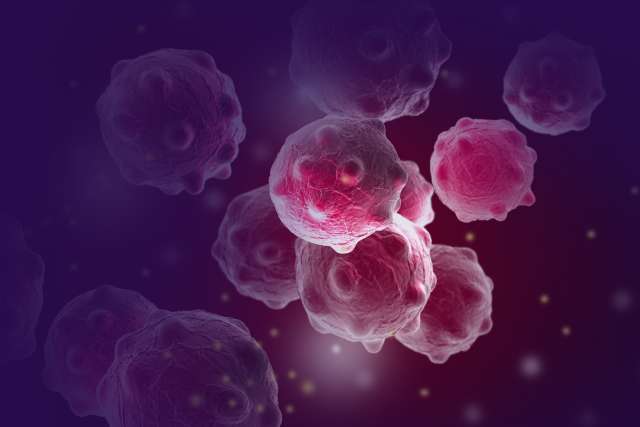
Irvin Chen, PhD
Languages
Contact Information
Phone
Scientific Interests
The overall research interest of Dr. Irvin Chen's laboratory is to understand, at the molecular and cellular levels, how the human retroviruses, human immunodeficiency virus (HIV) and human T-cell leukemia virus (HTLV) cause AIDS and cancer, respectively. He and his colleagues also are developing gene therapy reagents and modeling these reagents utilizing the SCID-hu mouse, which allows stem cell reconstitution and thymic T-cell development.
Some of the specific projects ongoing in Chen's laboratory include:
The mechanism by which HIV-1 causes CD4+ T-cell death is unknown. Chen and his colleagues have found that HIV-1 causes perturbation of the cell cycle, leading to arrest of the cells at a particular point in the cycle. Furthermore, this ability of HIV-1 to arrest T-cells can be abrogated by specific mutations within one of the non-structural genes of the virus. The researchers are investigating the role of this gene, termed vpr, and the specific cell cycle kinases, cyclins and cell cycle inhibitors that may be involved in this process.
There are no naturally existing animal models for HIV-1 pathogenesis. Chen's lab has utilized a chimera between severe combined immunodeficient (SCID) mice and human thymus and liver to create a fully functioning, self-renewing human T-lineage hematopoietic system. This system, termed SCID-hu, allows infection with HIV-1, leading to T-cell death. Using this system, Chen and his colleagues are mapping the determinants of the HIV-1 genome responsible for T-cell killing in an in vivo setting.
Immune reconstitution is theoretically a viable approach to AIDS therapy. However, the new T-cells need to be protected from the effects of residual HIV-1. Chen and his associates are modeling gene therapy utilizing the SCID-hu mouse for introduction of "protected" CD34+ stem cells, reconstitution of the SCID-hu animal and finally, challenge with HIV-1. This is the only model for human stem cell gene therapy, and allows for more rapid experimental design of vectors, reagents, etc.
The cellular receptor for HIV-1 infection, CD4, is necessary but not sufficient for HIV-1 infection. Recently, co-receptors for HIV-1 infection have been identified. Chen is characterizing the nature of these co-receptors and their cellular ligands.
The receptor for HTLV infection is not known, and Chen is attempting to identify and clone it.
HTLV leads to development of leukemias over a 30-year period of time in man. Again, as with HIV-1, there are no animal model systems for HTLV leukemogeneis. Chen's lab is utilizing the SCID and SCID-hu mouse systems to model leukemogenesis by HTLVs.
The means by which HTLV transforms T-cells is unknown. Chen and his associates are investigating some of the non-structural gene products of HTLV in regards to their transforming potentials.
Highlighted Publications
Brakenhielm E, Burton JB, Johnson M, Chavarria N, Morizono K, Chen I, Alitalo K, Wu L. Modulating metastasis by a lymphangiogenic switch in prostate cancer. Int J Cancer. 2007.
An DS, Qin FX, Auyeung VC, Mao SH, Kung SK, Baltimore D, Chen IS. Optimization and functional effects of stable short hairpin RNA expression in primary human lymphocytes via lentiviral vectors. Mol Ther. 2006; 14(4): 494-504.
Morizono K, Ringpis GE, Pariente N, Xie Y, Chen IS. Transient low pH treatment enhances infection of lentiviral vector pseudotypes with a targeting Sindbis envelope. Virology. 2006; 355(1): 71-81.
Sander WE, Metzger ME, Morizono K, Bonifacino A, Penzak SR, Xie YM, Chen IS, Bacon J, Sestrich SG, Szajek LP, Donahue RE. Noninvasive molecular imaging to detect transgene expression of lentiviral vector in nonhuman primates. J Nucl Med. 2006; 47(7): 1212-9.
Yuan H, Xie YM, Chen IS. Depletion of Wee-1 kinase is necessary for both human immunodeficiency virus type 1 Vpr- and gamma irradiation-induced apoptosis. J Virol. 2003; 77(3): 2063-70.

